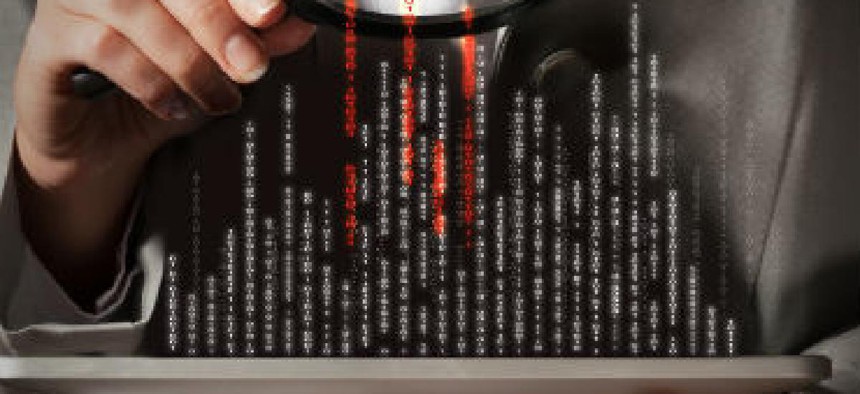White House hopes to trim $9B software spend

Can smarter management and detailed reporting requirements help agencies stop overpaying for software?

Tens of thousands of expensive and fragmented agency software purchases cost taxpayers $9 billion a year. Two top officials at the Office of Management and Budget say improved management can help save money, and they aim to staunch the flow of money with new plans to consolidate and streamline the way the government buys software.
In a Dec. 21 blog post, Federal CIO Tony Scott and Chief Acquisition Officer Anne Rung announced a proposal that "doubles down" on acquisition consolidation at federal agencies and builds on new requirements in the Federal IT Acquisition Reform Act. The proposed guidance is open for public comment through Jan. 20, 2016.
The directive calls on agencies to centrally manage software buys to reduce underutilization and maximize the use of best-in-class solutions. It would also establish a multi-agency team to develop new enterprisewide software agreements.Furthermore, it would direct agency CIOs, in conjunction with chief acquisition officers, to appoint a software manager who reports to the CIO on all agency software contracts and licenses. In addition, agencies would be required to maintain comprehensive annual inventories of software licenses and subscription spending.
Agencies would have to submit a software management plan to OMB by May 31, 2016, and an inventory of software licenses and cloud agreements in August 2016. Agencies are also being asked to use their Continuous Diagnostics and Mitigation tools -- a suite of cybersecurity monitoring applications available via a Department of Homeland Security contract -- to track software inventory and use by the end of September.
The software policy directive is the second in a series of category management policies from OMB aimed at driving better performance, efficiencies and savings in commonly purchased IT goods and services.
In October, Scott and Rung cracked down on uncoordinated, localized practices for buying laptop and desktop PCs. OMB prohibited agencies from issuing new solicitations for common laptops and desktops and directed civilian agencies to transition their spending on those devices to three existing best-value governmentwide acquisition vehicles.
Next up from Scott and Rung will be a directive for mobile solutions.
NEXT STORY: Embracing failing grades and moving forward


